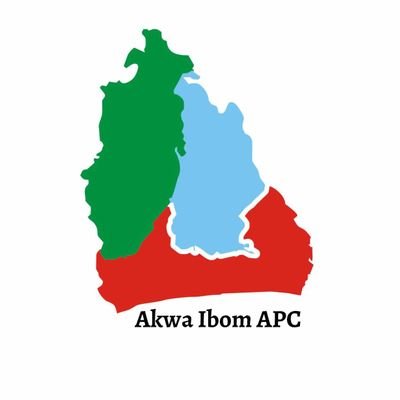‘Denial of drinking water to menstruating women, mothers of twins gender-based violence’
Menstruating women and mothers of twins in some Akwa Ibom State communities have been denied access to drinking water over beliefs that the water would dry up. The Coordinator, Water, Sanitation and Hygiene (WaSH)-Gender Project Team and Director, Directorate of International Programmes, Univeristy of Uyo, Prof. Emmanuel Akpabio, said the practice is a form of […]

Menstruating women and mothers of twins in some Akwa Ibom State communities have been denied access to drinking water over beliefs that the water would dry up.
The Coordinator, Water, Sanitation and Hygiene (WaSH)-Gender Project Team and Director, Directorate of International Programmes, Univeristy of Uyo, Prof. Emmanuel Akpabio, said the practice is a form of gender-based violence.
He stated this Friday in Uyo during a report of the team’s research in three local government areas of the state.
Professor Akpabio said what now sounds like myth had been perpetrated over generations unchallenged in the affected communities due to the shortage of drinking water and fear that the sole source of drinking water in the areas would be contaminated if given to the women.
High-power politics behind Maryam Shetty’s removal as ministerial nominee
How Maryam Shetty, Dropped Ministerial Nominee, Learnt of Her Fate At Senate
Akpabio noted that the lack of access to WaSH constrains women, girls and other vulnerable individuals from engaging in economic and educational activities and called for strong public intervention in providing water for such communities.
“For Mbiabet Ikot Udo, there is only a single source of drinking but stagnant water (Idim Affia) sustained through under surface outflow with brown coloration. This serves an estimated population of 1,200 and six more villages (over 6,000 people) in the dry season when other available sources would have dried off. This water source is also obtained for domestic and other needs,” he said.
Akpabio explained that the practice fuels gender-based discrimination in access to WaSH services and subjected women to psychosocial and other forms of gender-based violence, which would in turn affect their health.
